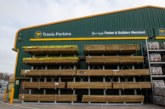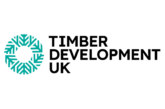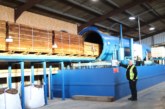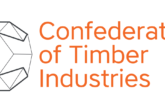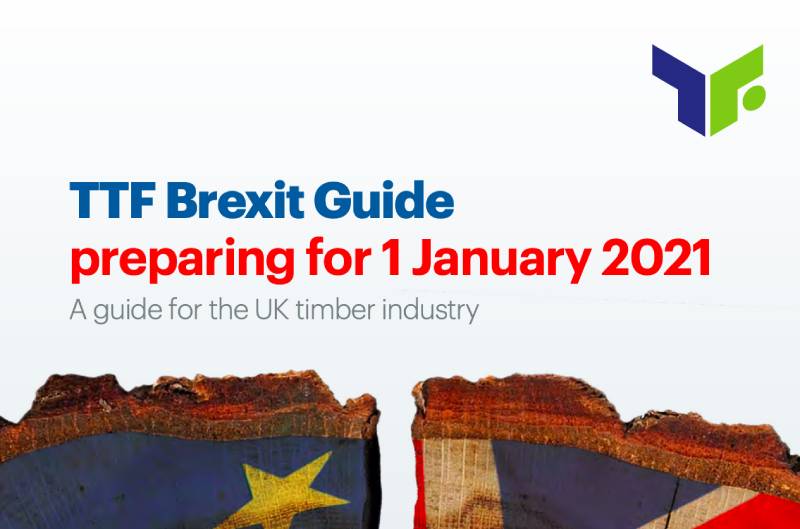
The Timber Trade Federation has assessed many of the key implications of the UK’s departure from the European Union in recent months, with regular email bulletins and updates to the Brexit hub on its website. It has recently issued updated advice to help firms prepare for the end of the transition period on 1 January 2021.
Designed with the aim of supporting the UK timber supply chain to prepare for the new processes and challenges as the Brexit transition period concludes, the recently launched ‘TTF Brexit Guide: preparing for 1 January 2021’ offers detailed information on the following:
- the introduction of Custom Checks on goods coming from EU countries
- the UK Global Tariff replacing the EU Common External Tariff
- the need for most timber firms to complete Due Diligence
- the introduction of UK Conformity Assessed (UK CA) marking
The TTF cautions that these are “significant changes, as the EU is the primary source of timber imports into the UK” and the introduction of new requirements such as Custom Checks will mean a “greater administrative burden for firms when importing from the EU”.
While most timber products will remain duty free under the UK Global Tariff, it states that firms should still check and familiarise themselves with the Commodity Codes relevant to their products.
UK importers of EU timber will also be considered ‘Operators’ and will be obliged to exercise due diligence to ensure negligible risk of illegally harvested timber entering their supply chain. The Timber Trade Federation recently launched a free Due Diligence Toolkit to support firms to meet their obligations. Head to https://ttf.co.uk/members/due-diligence-toolkit/ for details.
UK CA marking commences from 1 January 2021 and while manufacturers can continue to supply CE marked goods to the UK during 2021, where they are using an EU Notified Body they must prepare for the UK CA mark to become the sole UK requirement from January 2022.
European harmonised standards and UK designated standards will be identical to begin with; however firms should also plan for a future where these may diverge over time.
David Hopkins, Chief Executive of the TTF, said: “Regardless of whether a deal is signed, the UK will see a fundamental shift in the relationship with our biggest trading partner. When the UK exits the EU single market and customs union, it is essential every business in the UK timber supply chain is prepared.
“Using this guidance, which is tailored to meet the needs of the timber supply chain, firms will be able to build a working knowledge of these changes, as well as be directed to where they can find detailed information.
“Make sure you take the time to analyse how the end of the transition period may affect your business, use the TTF tools to get yourself on the right path, and clearly communicate any potential issues with both your customers and your suppliers to minimise disruptions.”
The guidance is focused on providing information on Contract Documents, Logistics, Customs Entry, Finance, CE Marking, Plant Health, EUTR vs UKTR, Duty Rates, Commodity Codes, Trade Preferences, and linking to where firms can find more.
For more information, visit the Brexit information hub on the TTF website by going to: www.ttf.co.uk/brexit-and-the-timber-industry
To download the ‘TTF Brexit Guide: preparing for 1 January 2021’, use https://ttf.co.uk/download/ttf-brexit-guide-preparing-for-1-january-2021/


